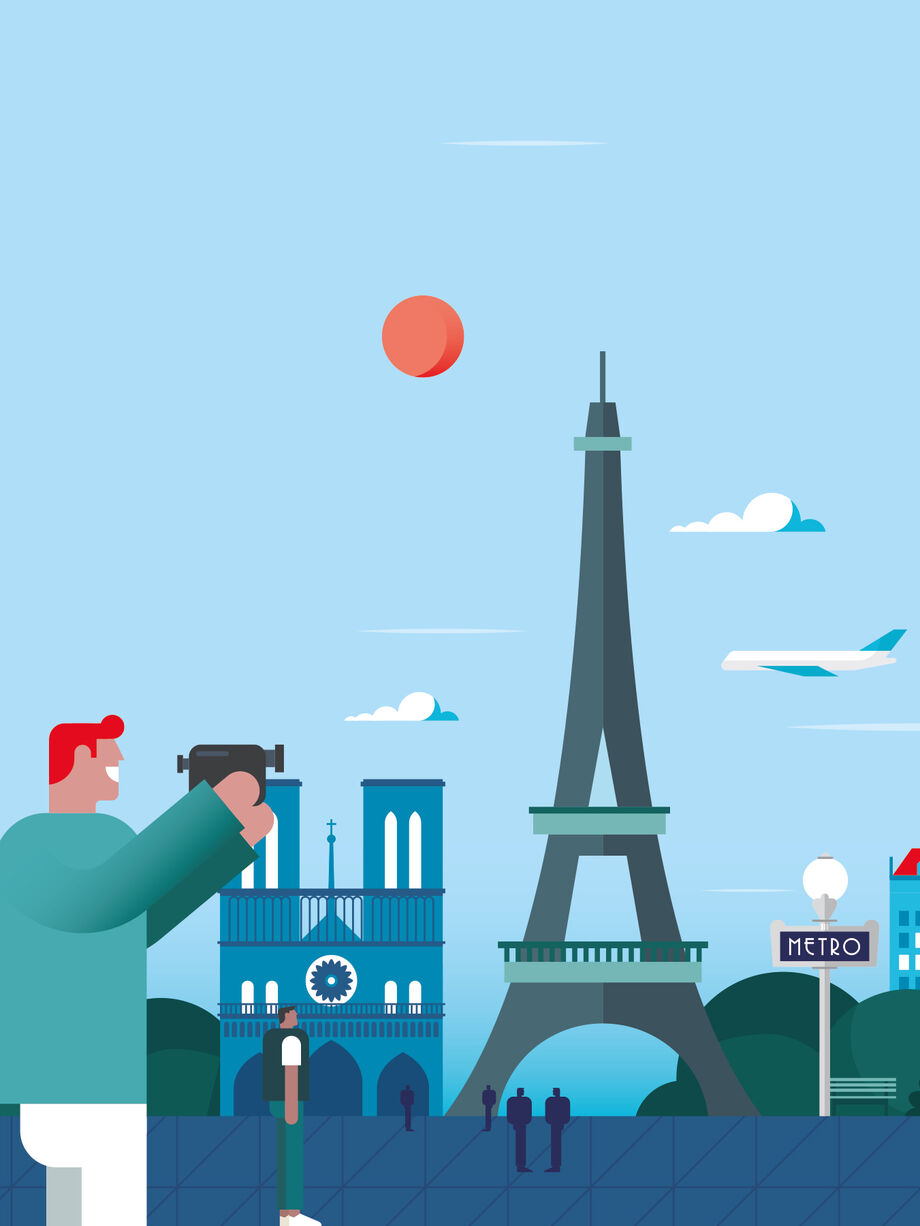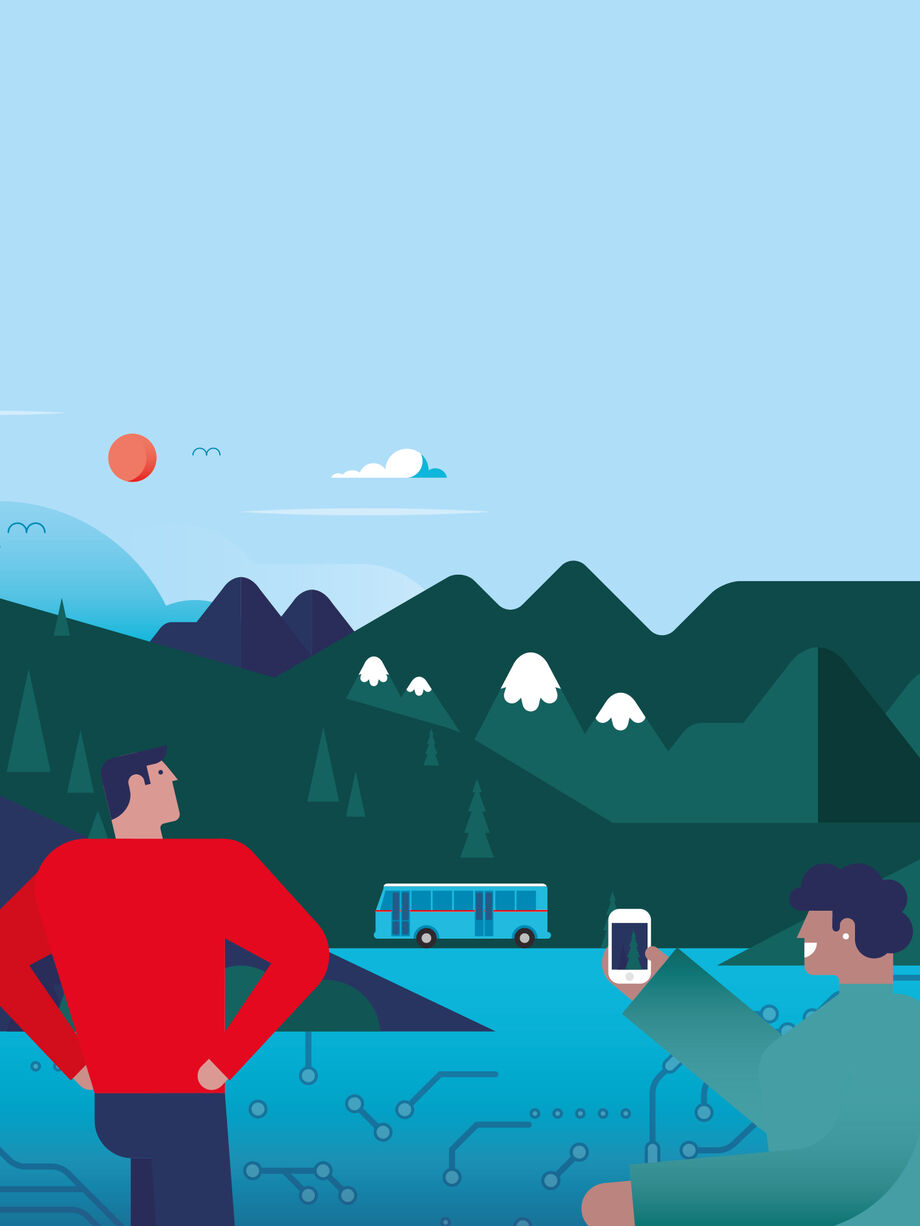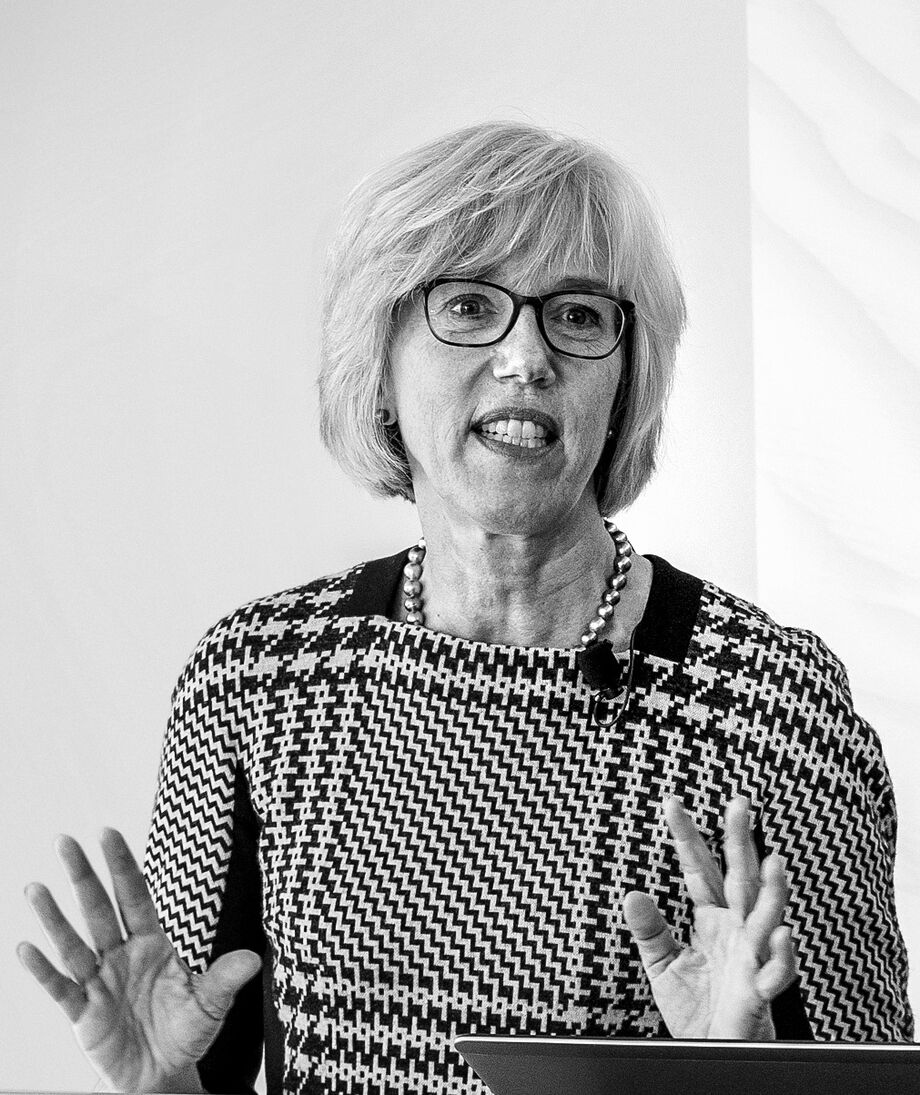Every evening for the last week, the Smith family have been sitting around the dinner table together. It’s time to plan next summer’s holiday. The four of them haven’t decided yet where they want to go – but Alexa will help. The Amazon voice assistant inspires them – by telling the parents and children interesting facts about destinations across the world as well as travel offers that might be just perfect for them: “The Spanish island of Majorca is home to the amazing Caves of Drach. These 4 huge cave chambers have millennia-old stalactites and stalagmites with names like the Buddha or Snowy Mountain. In the last cavern you can take a boat ride on one of the world’s biggest underground lakes, Lake Martel, while musicians provide live music.”
This interaction with the cloud-based Amazon service is happening on millions of speakers around the world and in dozens of different languages thanks to what we call “skills” – rather like apps for smart phones or tablets. There are currently about 50,000 of these on the market, most of them specialising in themes like music, news or cinema films. TUI has designed and tested three of these skills for the travel market. The Smiths are using TUI Travel News to find out more about destinations around the globe. And for money-saving inspiration they go to TUI Deals – an application with up-to-date TUI deals, discount codes, and ongoing offers like free kids’ places. These skills are also linked to the Alexa smart phone app, and create special ‘cards’ inside that app, so that the family can read more info, view pictures, and book what Alexa told them about.
Once the family have booked their trip, they can use the TUI Holiday Countdown skill. Every day, as their departure draws closer, they can then get new practical and inspirational advice from Alexa to feel prepared for their holiday and look forward to it even more. “Only six days until your flight to Majorca,” says the voice assistant, as the Smiths relax in the evening, and – after giving them a very practical preparation tip first – surprises them with an inspirational tip for their destination: “You really must try the ensaïmadas, a sweet bun that comes with different fillings. You might like to take some home for your friends afterwards. Up until two days before departure you can still add extra luggage to your flight booing. Find out how to do this on today’s Alexa card.”




 Austria
Austria







